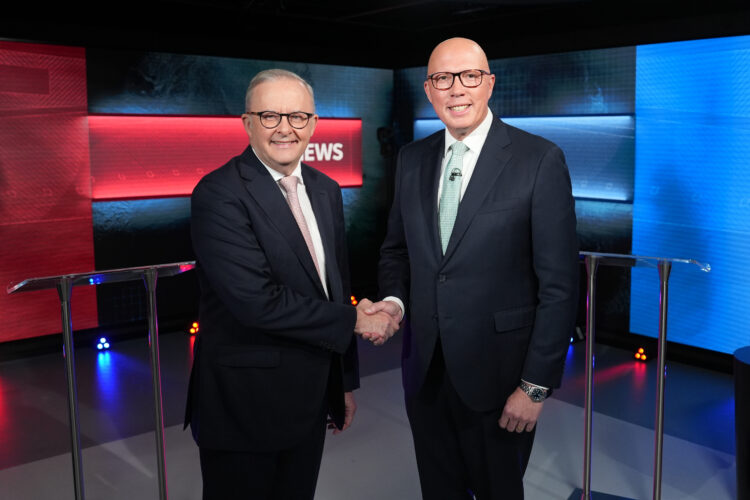Why are we suddenly talking about nuclear power?
We have had a few people ask about this – Matt Grudnoff has answered you with a bit of history, here:
The Coalition’s proposal on nuclear power started out as a troll that has spectacularly backfired.
In the early debates on climate change, some on the right who were virulently against even the idea that the earth might be getting warmer, thought that all those who were concerned about climate change were crazy environmental lefties.
The troll was that such people were against nuclear power but if Australia’s power generation was switched from fossil fuel to nuclear then carbon emissions would go down. By suggesting nuclear they could show what hypocrites those environmentalists were.
For some reason, elements from within the coalition believed their own trolling. It was decided that it would be a brilliant political and strategic move if they went to the election with a proposal to build seven nuclear reactors. When the coalition announced the policy, the glee within the Labor party was obvious.
Given the policy offering we have seen so far from the coalition, this was the policy that they put the most work into. It is also a policy that is (unsurprisingly) deeply unpopular with the pubic. So unpopular that the coalition has largely stopped talking about it during the campaign.
Compounding these problems, the coalition was largely preparing for a debate around the safety of nuclear power. They were expecting a fight about Blinky the Simpson’s three eyed fish.
You could see Dutton’s frustration when during the debate he said, “When the Prime Minister sneakily says to an audience when he thinks he’s not being watched nuclear is unsafe,” but the PM and Labor haven’t been talking about nuclear safety. Rather they’ve been talking about its economics.
This is because nuclear power is the most expensive form of power. Adding nuclear will push up power prices and/or cost the budget a fortune. It will also be decades before we get any power from the first reactor. This means running old and increasingly unreliable coal fired power stations for longer and this will come at significant cost. Either that or having to build lots of new gas fired power stations, also very costly.
What started out as trolling people who were concerned about climate change has ended up as stone weighing the coalition’s campaign down.

